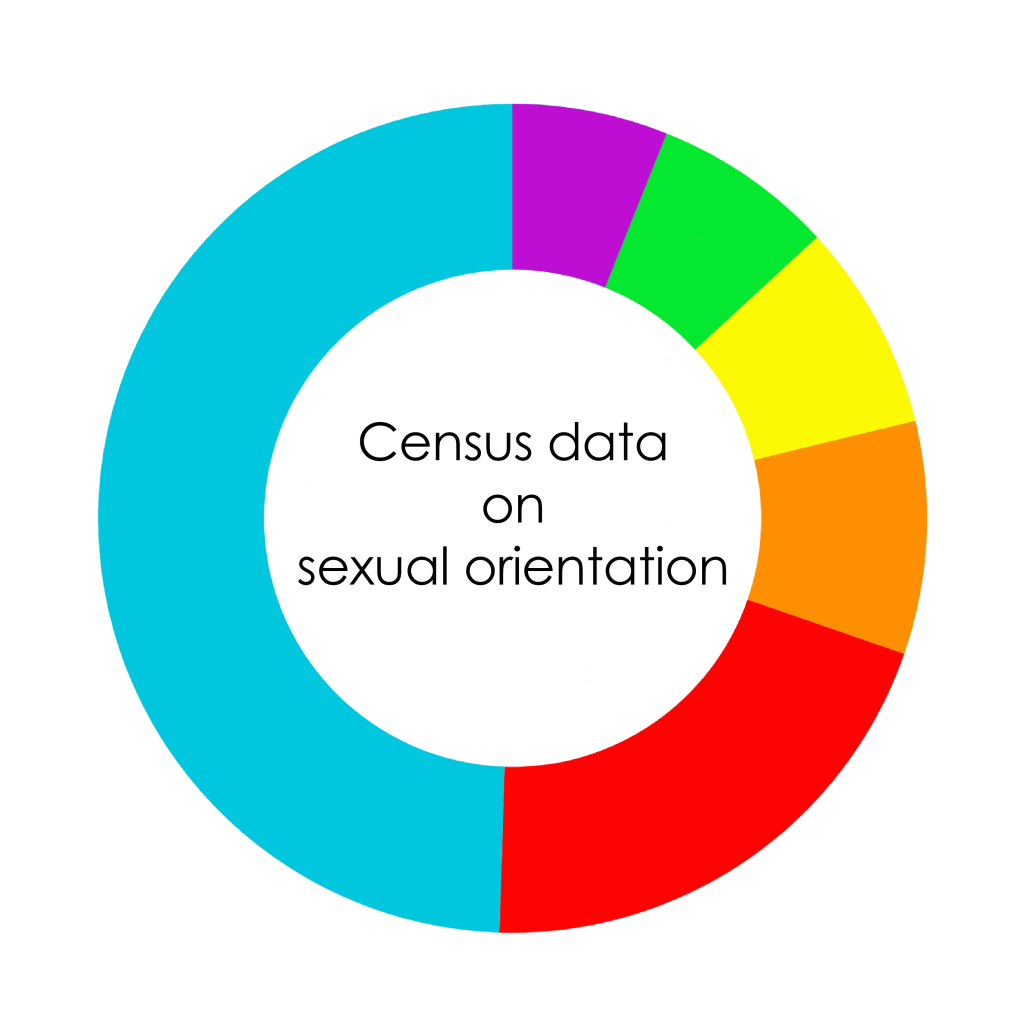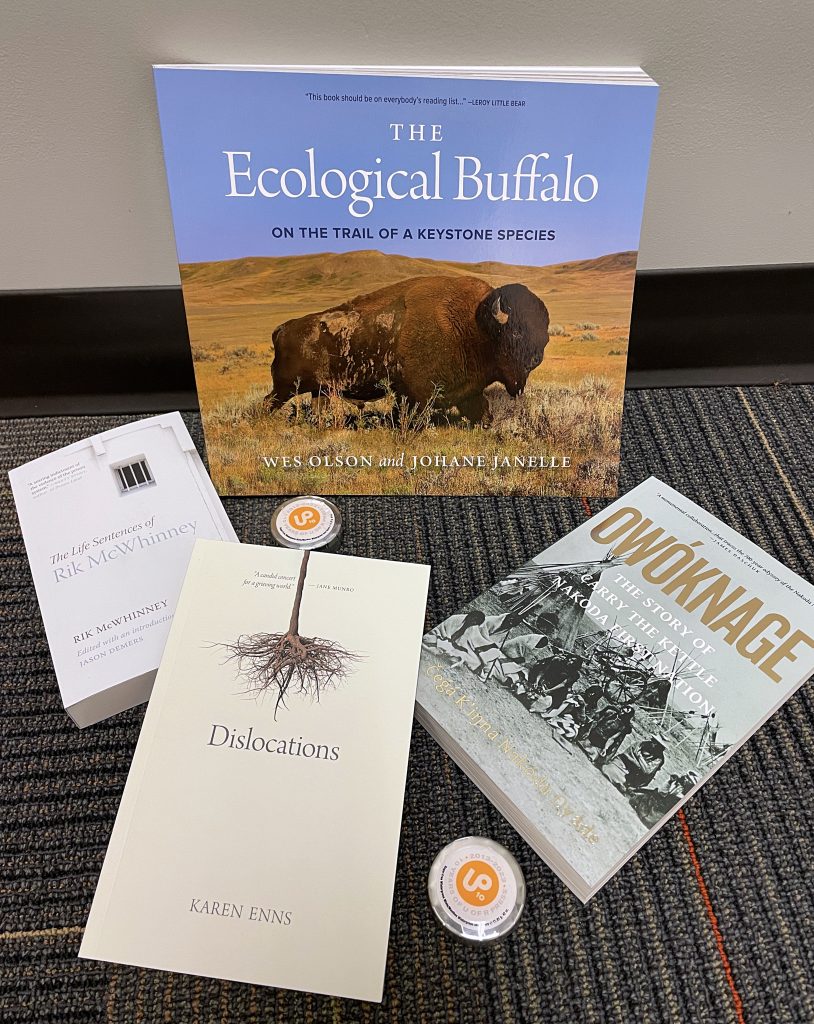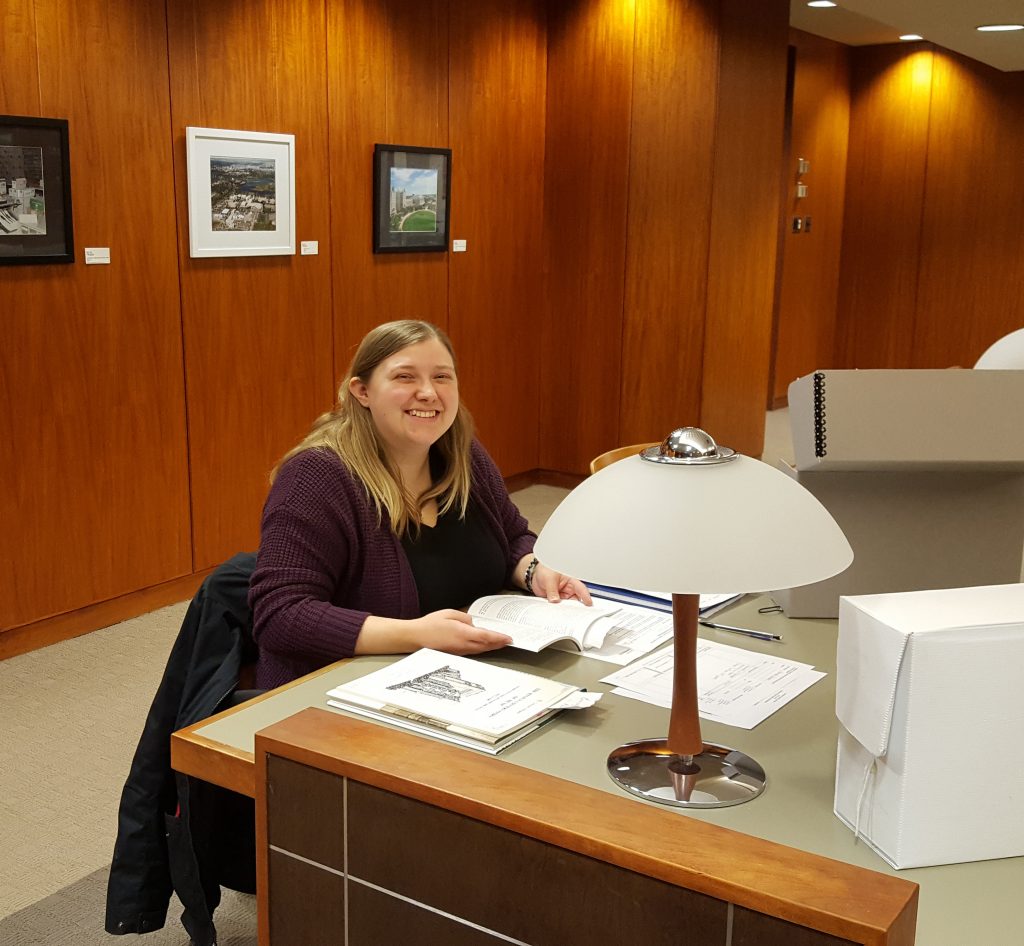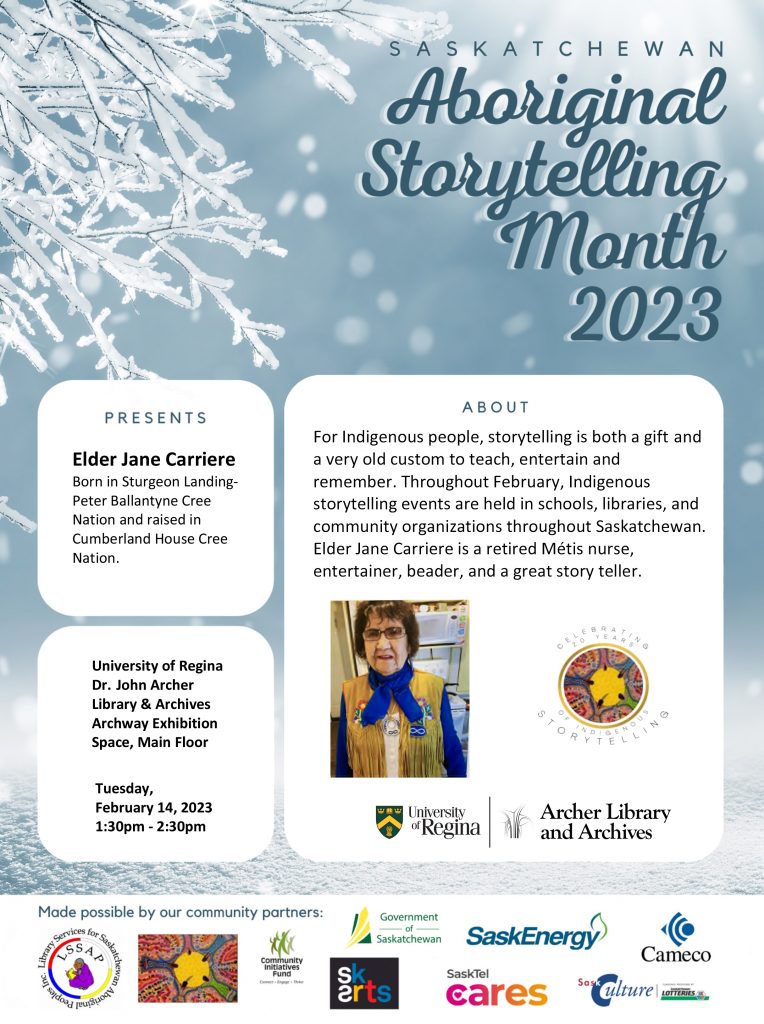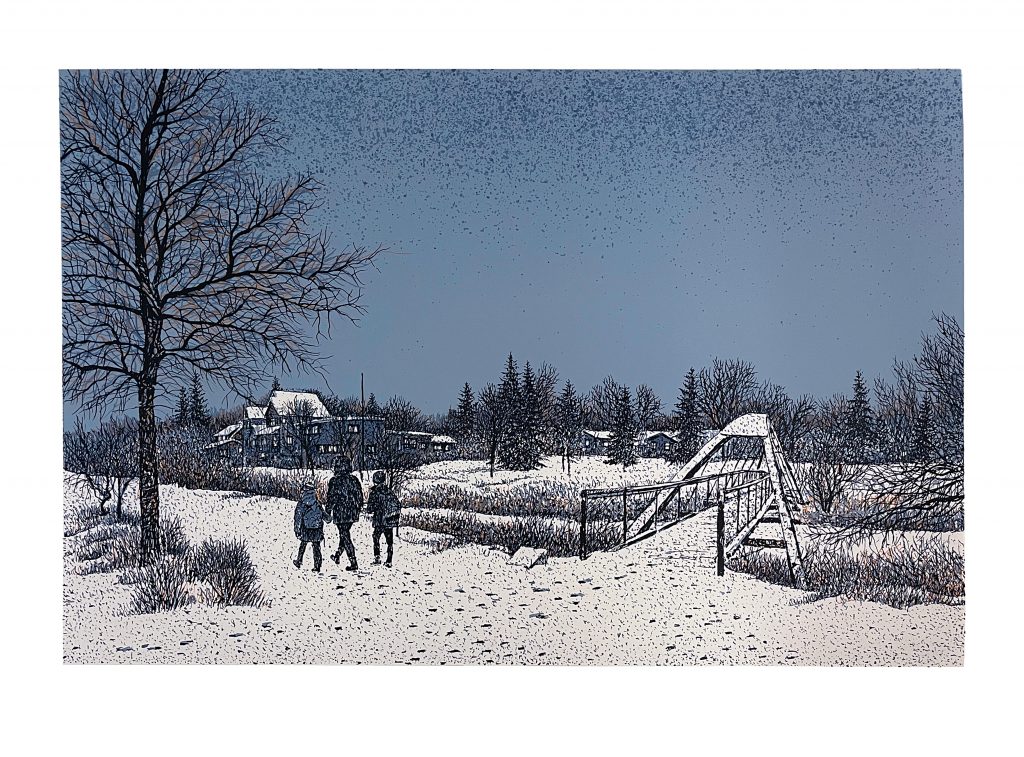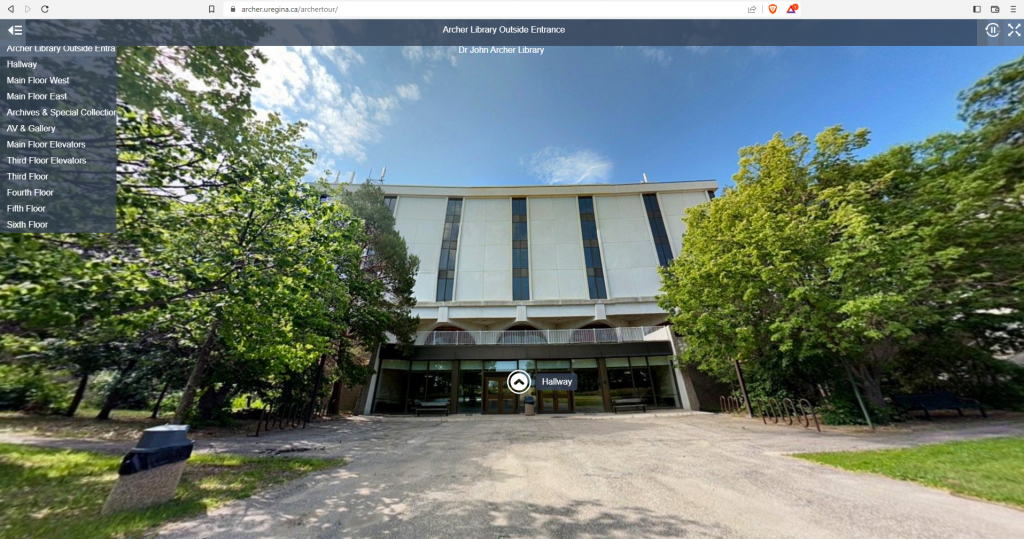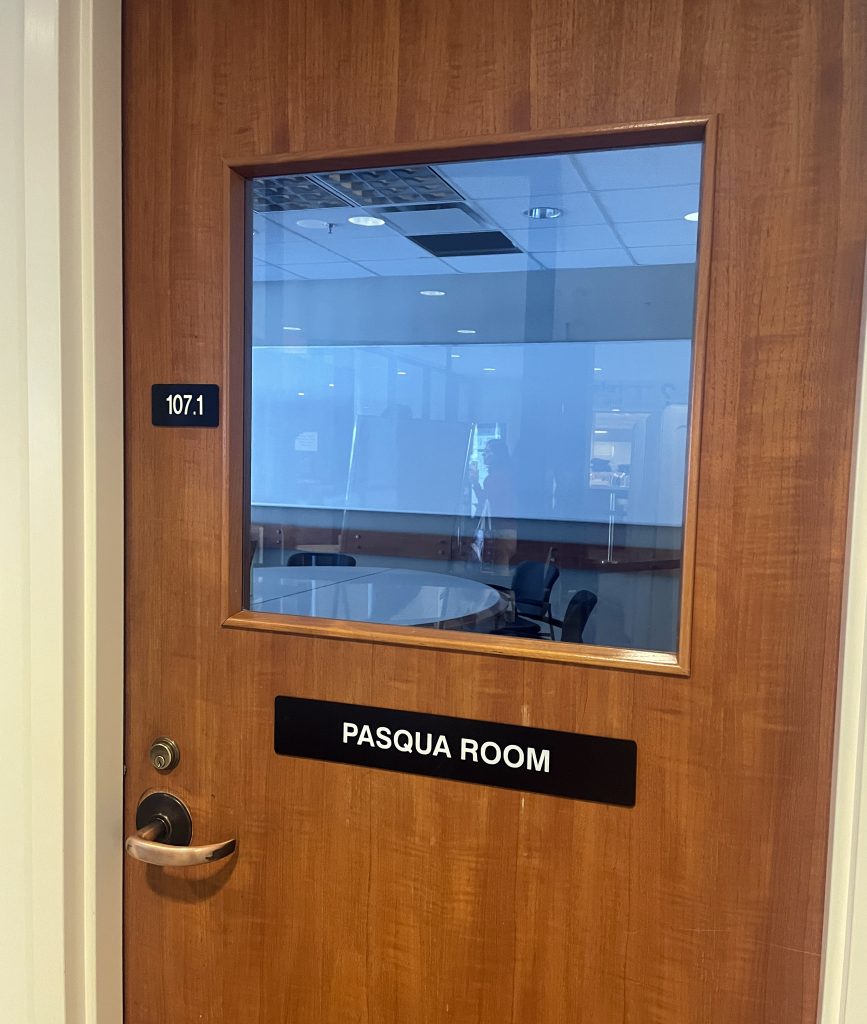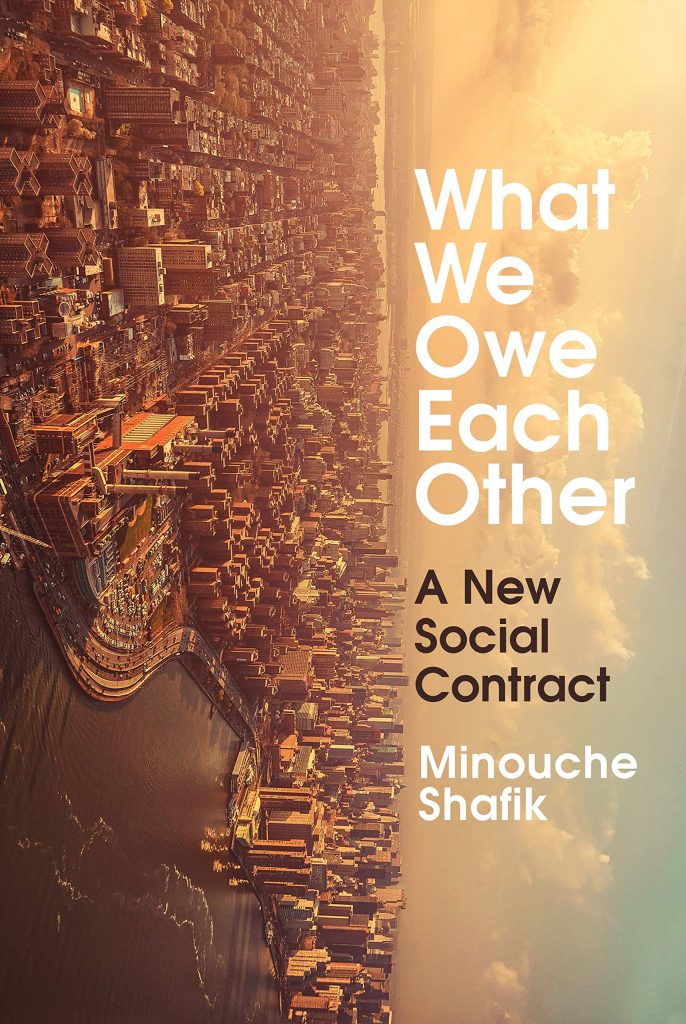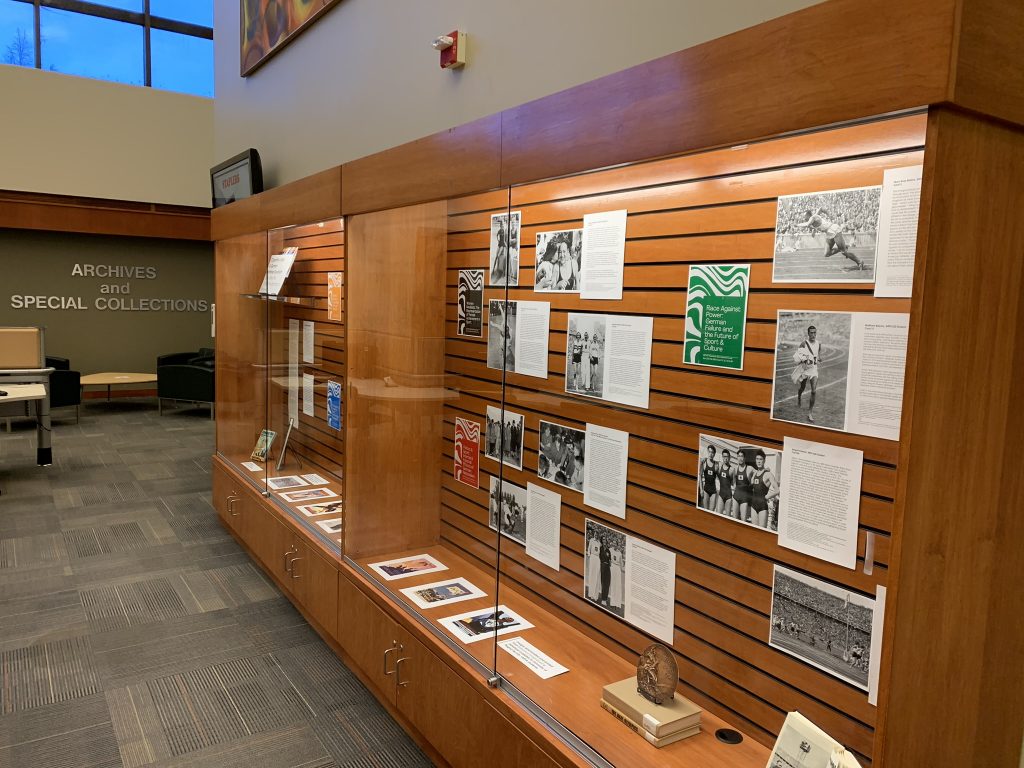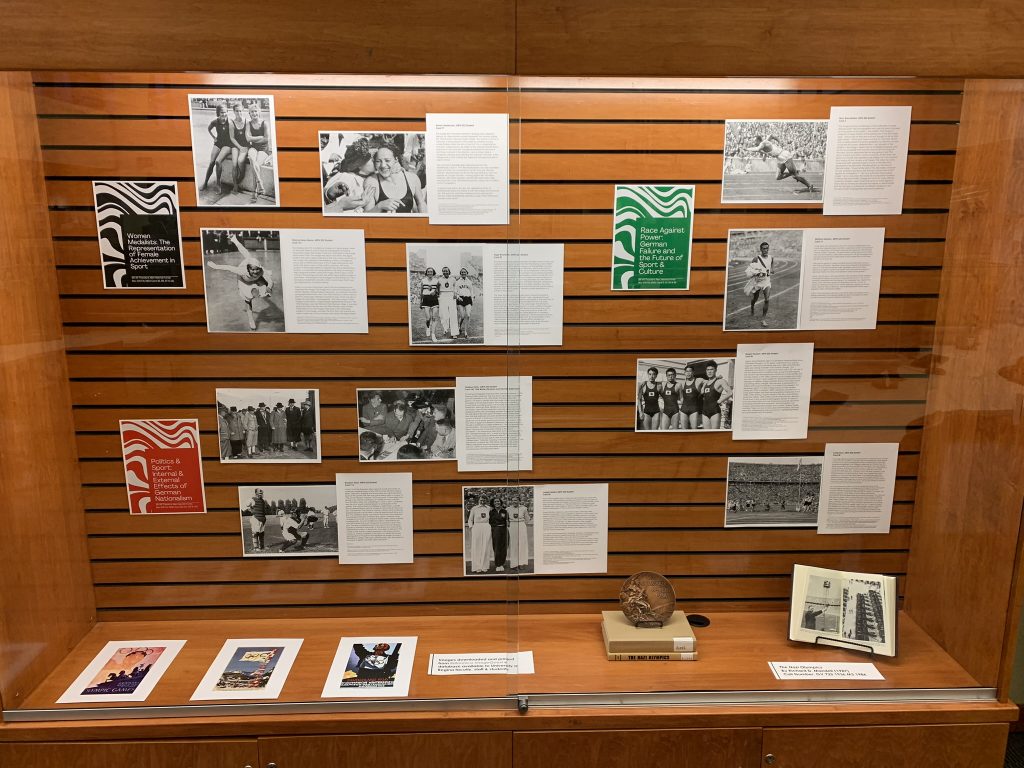– Kaetlyn Phillips
Thanks to Kevin Manual from Toronto Metropolitan University, and Jeremy Buhler from University of British Columbia for providing input and advice on this topic.
This month we’re looking at the missing data on sexual orientation. While the 2021 Census of Canada contained a question on gender identity, it did not include a question on sexual orientation. Other censuses, such as the 2021 UK Census and the forthcoming 2023 New Zealand Census had/plan on having both a gender identity question and sexual orientation question. In theory, it makes sense to ask both questions, especially since the census already collects data on same-sex marriage and common-law relationships. Why not ask about sexual orientation and get more detailed, inclusive, and representative data?
In 2019 as part of the lead up to the 2021 Census, Statistics Canada reported that the largest information gap was the 2SLGBTQ+ gap including data on gender, sexual orientation, and both gender and sexual orientation. The general public, non-government organizations, academics, and government at all levels recognized the data gap and the increasing need to be more inclusive. However, in the Canadian Census for 2021, the reasoning for not including a question on sexual orientation was due to community consultation. The public consultation featured feedback from non-heterosexual participants who were concerned about having their data shared. Statistics Canada had the correct response as equity deserving groups should have control over whether or not these data are collected.
Through Statistics Canada, we do have approximate data on LGBTQ+ populations, but these data are starting to get dated and are collected through smaller surveys which provide less geographic data. There’s also community data collected by other organizations that can provide vital information, but cannot be applied to all of Canada. As discussed in Invisible Data Part 2, the census allows data to be consulted at a granular geographic level and typically has a high response rate (97% for 2021), which is useful for highlighting representation, identifying barriers, targeting services, and community policy planning. Consultation with the public is already beginning for the 2026 Census and it is possible the community consultation will result in a sexual orientation question. We won’t know what content will be added to Census until probably 2025, but it does appear that more inclusive data collection will be considered.
